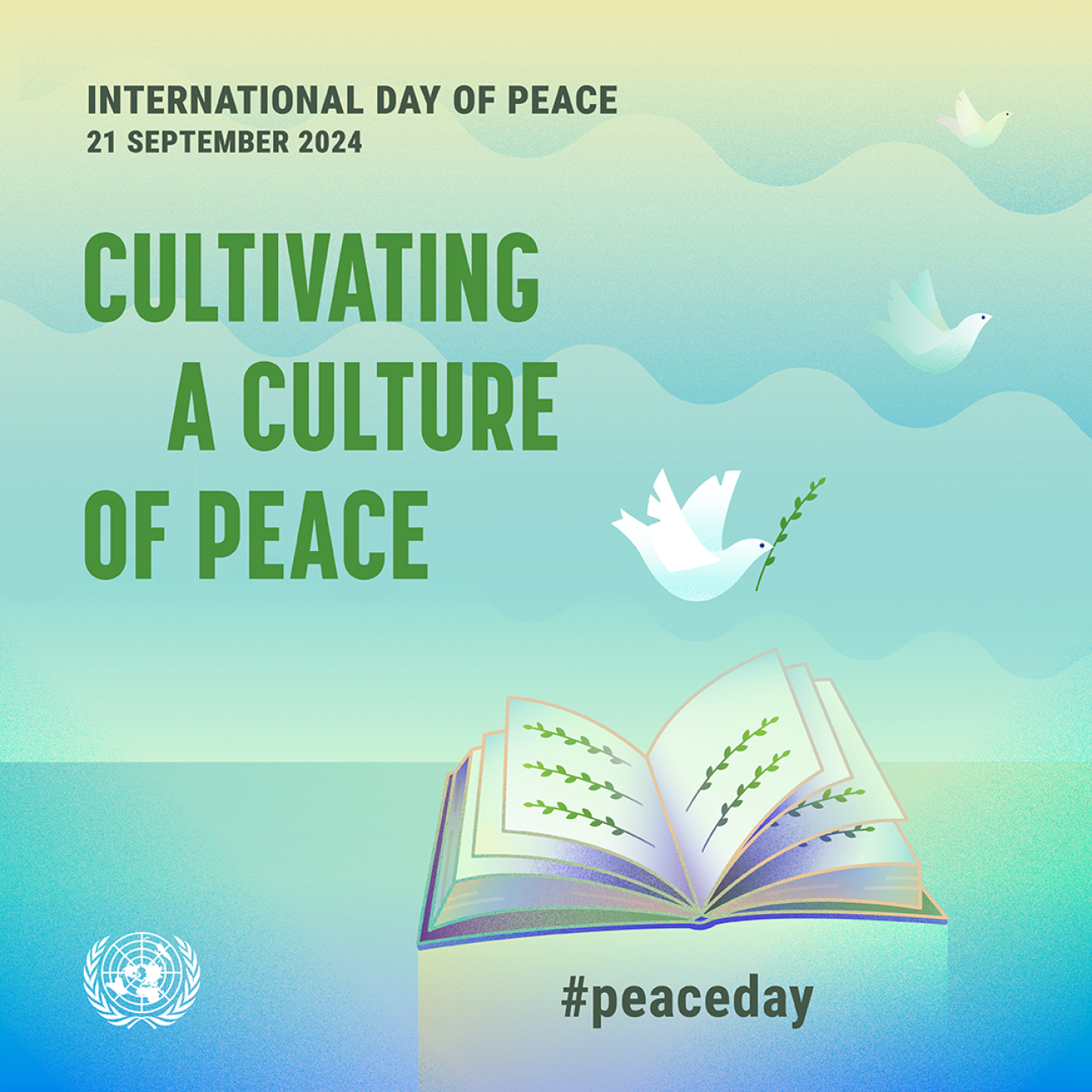CCA reaffirms commitment to cultivating a culture of peace on International Day of Peace

Chiang Mai, Thailand: The Christian Conference of Asia (CCA) General Secretary Dr Mathews George Chunakara, in a statement released to commemorate the International Day of Peace 2024, reaffirmed CCA’s commitment to cultivating a culture of peace and promoting peace in Asia and beyond.
The International Day of Peace, observed globally on 21 September, calls for 24 hours of non-violence and ceasefire. The theme for 2024, “Cultivating a Culture of Peace,” carries special significance, as this year also marks the 25th anniversary of the UN General Assembly’s adoption of the Declaration and Programme of Action on a Culture of Peace—a landmark in global efforts to foster peaceful societies.
Dr Mathews George Chunakara stated, “As Christians, we are reminded of our duty to be peacemakers, following the teachings of Christ: ‘Blessed are the peacemakers, for they will be called children of God’ (Matthew 5:9). The task of cultivating a culture of peace begins with us and must extend to those spaces where violence and discord have taken root. It is vital to instill the values of peace, non-violence, and justice in children, our future generation, through both formal and informal education. Churches, as beacons of peace, play a central role in this endeavour.”
He further added, “The future of our world depends on our collective efforts to nurture understanding, respect, and harmony. Inculcating a culture of peace and prioritising peaceful solutions over warfare is vital to achieving this.”
Asia, home to approximately 4.7 billion people, has experienced a range of conflicts that have led to immense suffering and instability, with peace remaining elusive for millions of people. Ongoing issues include the India-Pakistan conflict over Kashmir, North and South Korea’s unresolved tensions, and territorial disputes like those in the South China Sea. Ethnic and religious violence, such as in Myanmar and Afghanistan, along with insurgencies in regions like the Philippines further exacerbate instability. Additionally, political authoritarianism, economic inequality, and extremist groups contribute to the violence, making peace efforts complex across the continent.
The CCA recognises the urgent need for conflict resolution across the region, and peace with justice and human security continues to be one of its major concerns. Through its Building Peace and Moving Beyond Conflicts programme, the CCA is committed to nurturing a culture of peace in Asia and equipping member churches and councils to become effective prophetic voices for reconciliation and peace-building in conflict situations.










